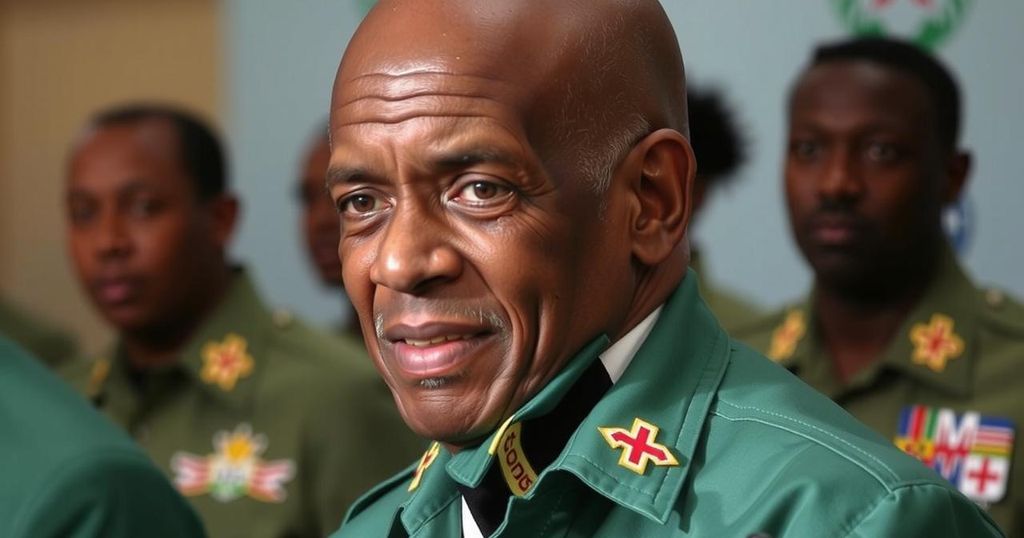Chad Holds Elections Amid Boycott and Allegations of Fraud

Chad holds legislative, provincial, and local elections under military rule, with opposition boycotting due to alleged election fraud. Concerns arise over electoral integrity amidst political repression and violence. Approximately eight million voters are participating, while scrutiny from foreign observers is present.
On Sunday, Chadian citizens cast their votes in legislative, provincial, and local elections, marking a significant political event following three years of military governance. However, these elections have been marred by a boycott from opposition parties who contest the legitimacy of the process, particularly citing the fraudulent nature of last year’s presidential elections. The boycott primarily benefits candidates aligned with Marshal Mahamat Idriss Itno, who assumed power following a military coup in 2021 and was later elected in a disputed vote last May.
Opposition figure Succes Masra publicly advised citizens to abstain from voting, characterizing the election as a sham rooted in corruption and deception. Reports suggest that electoral malpractices persist, including allegations by the opposition Democratic Party of the Chadian People regarding the disappearance of a significant number of ballots in Bongor. Despite these challenges, approximately eight million registered voters participated, under scrutiny from various foreign observers amid an atmosphere of intimidation.
These elections occur against a backdrop of ongoing violence from the jihadist group Boko Haram in the Lake Chad region, as well as tensions surrounding Chad’s alleged involvement in the Sudanese conflict. Additionally, relations with France have soured, further complicating the political landscape. Chadian society faces significant concerns surrounding civil liberties, especially following a violent crackdown on protests in 2022.
This political climate has cultivated public discontent and skepticism towards the ruling party. While the government promotes the elections as a pivotal step toward restoring democracy, they coincide with media restrictions, including a strike by online journalists protesting limitations imposed on their reporting.
Chad has undergone significant political changes since the passing of long-term ruler Idriss Déby in 2021, transitioning into military rule under his son, Mahamat Idriss Itno. Initially welcomed as a stabilizing force, this military leadership has increasingly come under fire for extending its grip on power and curtailing democratic processes. Legislative elections, which were last held in 2011, faced postponements due to various crises including security threats from jihadist groups and the COVID-19 pandemic. This election cycle presents a unique opportunity for Chadians to express their political will; however, the opposition’s boycott signifies deep discontent regarding electoral integrity and governance.
The elections in Chad signal a crucial moment in the nation’s political trajectory, emerging after prolonged military governance. While the government frames this event as a transition to democracy, the opposition challenge its legitimacy, prompting a substantial boycott. Major concerns regarding electoral integrity, civil rights, and ongoing violence cast a shadow over this voting process, revealing the complexities of consolidating democratic practices in Chad’s tumultuous environment.
Original Source: www.france24.com






